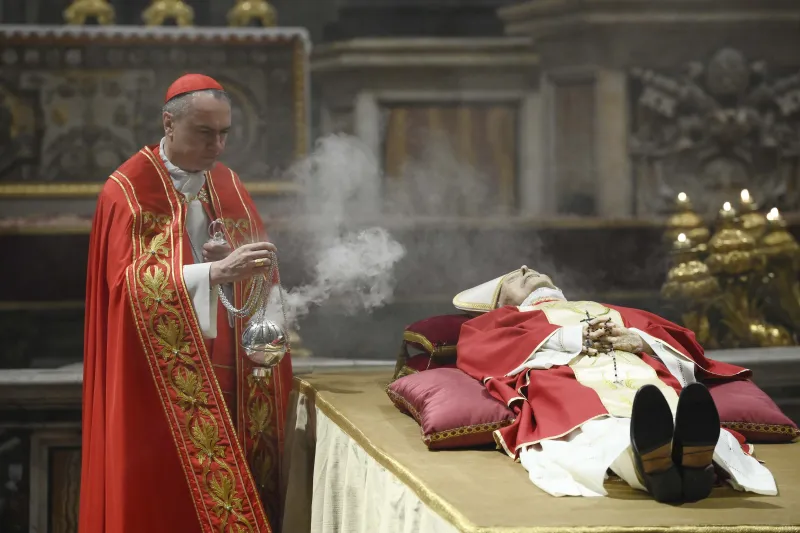
Charleston, S.C., Apr 15, 2021 / 18:01 pm America/Denver (CNA).
The Diocese of Charleston filed a suit against South Carolina on Wednesday challenging the state’s “Blaine Amendment”, which prohibits public funds from going to private schools.
The state supreme court has blocked the governor’s efforts to provide Covid-relief funding to private schools and the parents of private school students, citing the state’s Blaine Amendment.
Bishop of Charleston v. Adams was filed April 14 in a US district court. South Carolina Independent Colleges and Universities, a nonprofit organization that includes five Historically Black Colleges and Universities, is a co-plaintiff in the case.
“This appeal to our state’s courts is not only to, at long last, expunge the anti-Catholic and racist sentiment that still haunts our past. It is about creating a more inclusive, uplifting future for parents and children who seek an education that best fits their values and needs of their students,” said Bishop Robert Guglielmone of Charleston.
“Many families have been significantly hurt by the COVID pandemic and they should not be denied financial assistance based on where they desire to send their children to school,” he added.
The diocese and SCICU are being represented by the Liberty Justice Center, which argues the Blaine Amendment violates the free exercise and equal protection clauses of the US Constitution.
“This lawsuit seeks to achieve something that every American can stand behind: We’re fighting to strike down a century-old law that was enacted with the purpose of discriminating against our fellow citizens,” said Daniel Suhr, senior attorney for the Liberty Justice Center.
A statement from the plaintiffs argued that “South Carolina added the provision to its 1895 constitution in order to suppress the education of newly freed slaves and to enable discrimination against Catholic immigrants.”
In their lawsuit, they called the amendment “born of bigotry and prejudice, based on race and religion.”
South Carolina Governor Henry McMaster had in 2020 designated part of an educational Covid relief fund for grants to help low- to moderate-income parents in enrolling or remaining in private schools during the pandemic. He also appropriated funds to assist with health upgrades and distance-based learning technology at the state’s HBCUs, most of which are private.
The state supreme court blocked these efforts under the South Carolina Blaine Amendment.
“This lawsuit seeks educational equality for all,” Dr. Jeff Perez, president of SCICU, stated. “Our students are committed to completing their degrees in a significantly challenging time. We should be doing all we can to support them, not relying on outdated, divisive language evoking a dark period in our history to deny those seeking educational opportunity.”
Several states’ Blaine Amendments have been struck down in recent years.
In June 2020, the Supreme Court ruled in a 5-4 decision that the Montana state constitution’s ban on public funding of religious institutions violated the First Amendment and constituted “discrimination against religious schools and the families whose children attend them.” The case concerned a 2015 state scholarship program funded by tax credits that state officials had said could not be used by students at religious schools.
The New Mexico Supreme Court in 2018 uphold a book-lending program that gives school children at public and private schools equal access to state-approved textbooks. The program had been challenged under the state’s Blaine Amendment.
The 2017 U.S. Supreme Court decision in Trinity Lutheran Church v. Comer found that a state cannot deny public benefits to religious entities simply because they are religious.
The Second Vatican Council’s 1965 declaration on Christian education, Gravissimum educationis, said that parents “must enjoy true liberty in their choice of schools.”
“Consequently, the public power, which has the obligation to protect and defend the rights of citizens, must see to it, in its concern for distributive justice, that public subsidies are paid out in such a way that parents are truly free to choose according to their conscience the schools they want for their children.”
If you value the news and views Catholic World Report provides, please consider donating to support our efforts. Your contribution will help us continue to make CWR available to all readers worldwide for free, without a subscription. Thank you for your generosity!
Click here for more information on donating to CWR. Click here to sign up for our newsletter.





Leave a Reply